10 Ways To Make Your Community Healthier

The environment in your neighborhood and surrounding community has a huge impact on your health and lifespan. Where you live determines how safe your drinking water is, whether you have access to healthy food, how often you get outdoors to exercise and whether you breathe clean air. In fact, an health statistics show that social […]
SDG 5: Gender Equality In Nigeria – A Critical Political Analysis
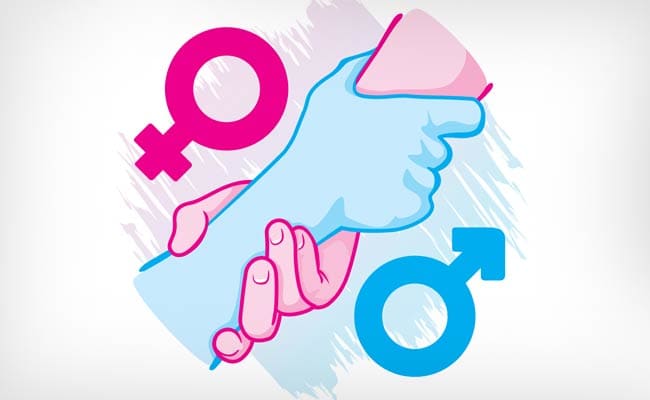
Gender equality refers to a situation where women and men have equal conditions for realising their full human rights and potentials; are able to contribute equally to national, political, economic, social and cultural development and benefit equally from the results. Furthermore, it entails that the underlying causes of discrimination are systematically identified and removed in […]
SDG 4: Quality Education – The Nigerian Focus
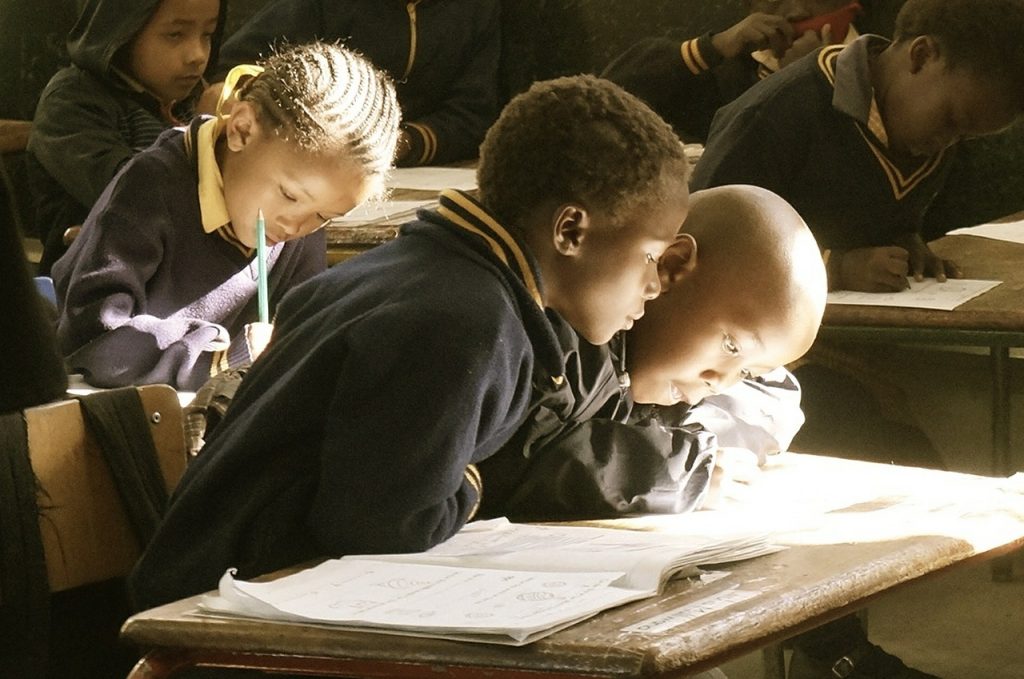
Quality education is one that provides all learners with capabilities they require to become economically productive, develop sustainable livelihoods, contribute to peaceful and democratic societies and enhance individual well-being. Remarkably, major progress has been made in access to education, specifically at the primary school level, for both boys and girls. Still, at least 22 million […]
WONDERBAG
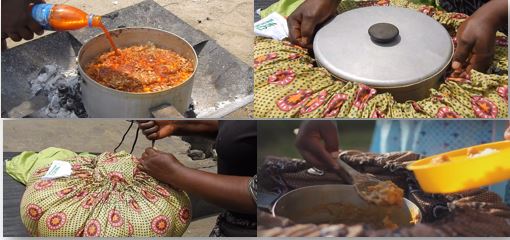
A Wonderbag is a stand-alone, non-electric insulated bag designed to reduce the amount of fuel required in the cooking of food. Instead of being placed on a stove for the duration of the cooking period, food is instead heated to a hot enough temperature then transferred to the Wonderbag, which uses the principle of thermal […]
SDG 3: Good Health And Well-Being “In Nigeria”
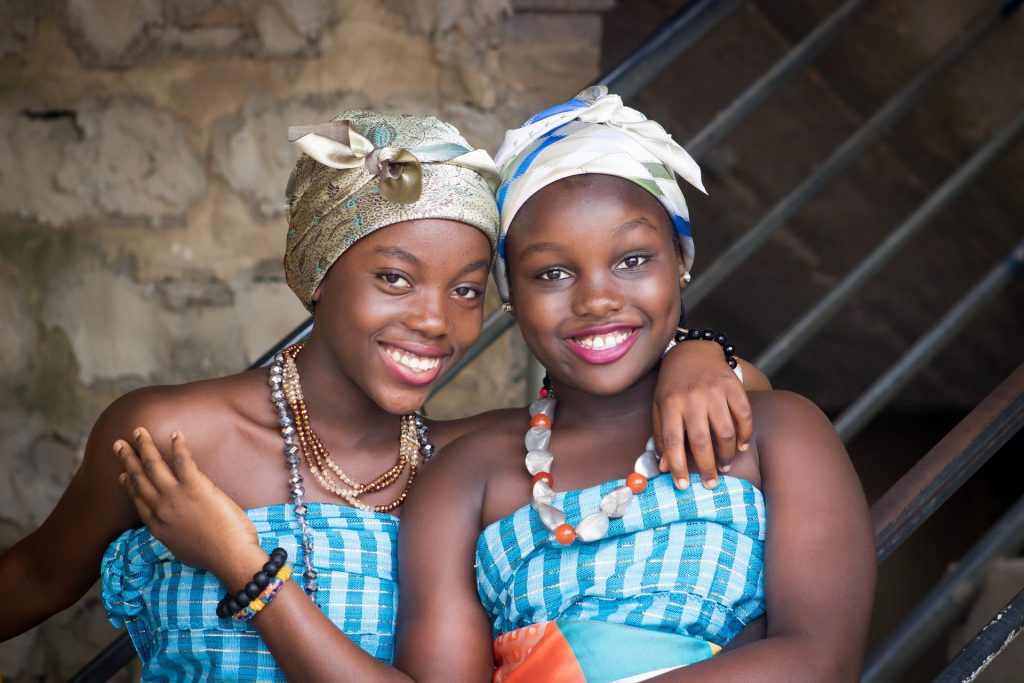
The chief objective of SDG 3 is to ensure healthy lives and promote well-being for all at all ages. According to the United Nations Development Programme statistics Each year around the world, more than 6 million children die before reaching their fifth birthday. Children born into poverty are almost twice as likely to die before […]
SDG 2: Zero Hunger – The Role Of Agriculture
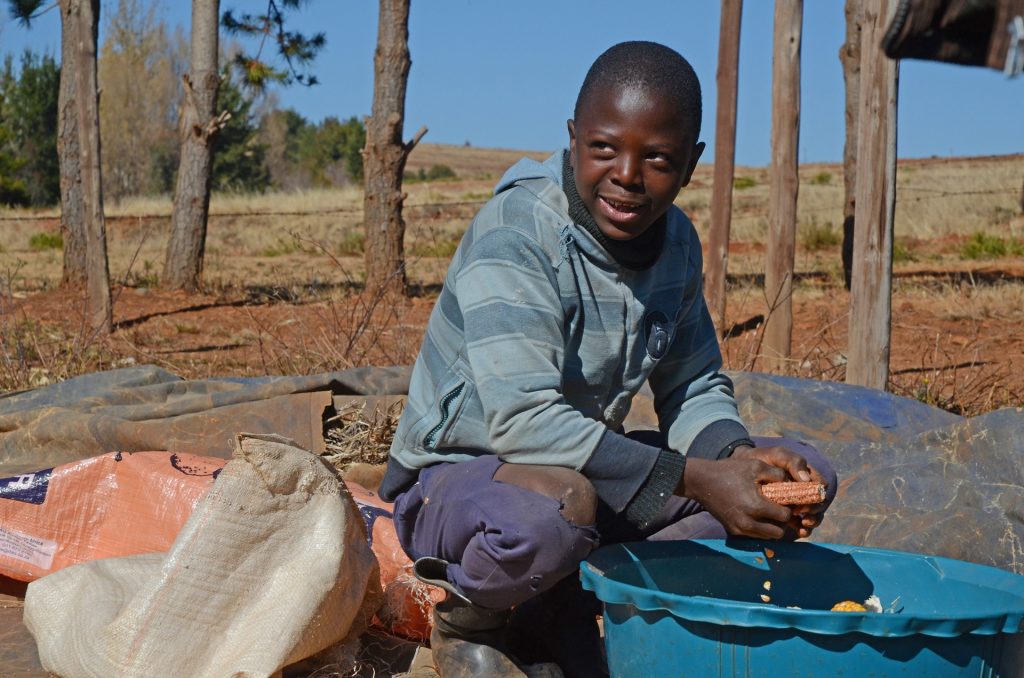
The sustainable development goal number two aims to end hunger, achieve food security and improved nutrition, and promote sustainable agriculture. It is forecasted that by 2030 we should end hunger and all forms of malnutrition by doubling agricultural productivity and incomes of small-scale food producers (especially women and indigenous peoples), ensuring sustainable food production systems, […]
THE INDIVIDUAL’S GUIDE TO ENVIRONMENTAL SUSTAINABILITY

While the society waits for better government policies geared towards environmental sustainability, the individual can take baby steps that can amount to long strides over time if done with consistency. To some extent, the society is a reflection of the individuals in it. This implies that people with healthy living habits makes for a better […]
SDG 1: No Poverty – The Nigerian Focus

Stamping out poverty in all its forms remains a herculean feat. While the number of people living in extreme poverty dropped by more than half between 1990 and 2015 – from 1.9 billion to 836 million, thanks in part to the Millenium Development Goals – too many are still struggling for the most basic human […]
THE MENACE OF FLOODING
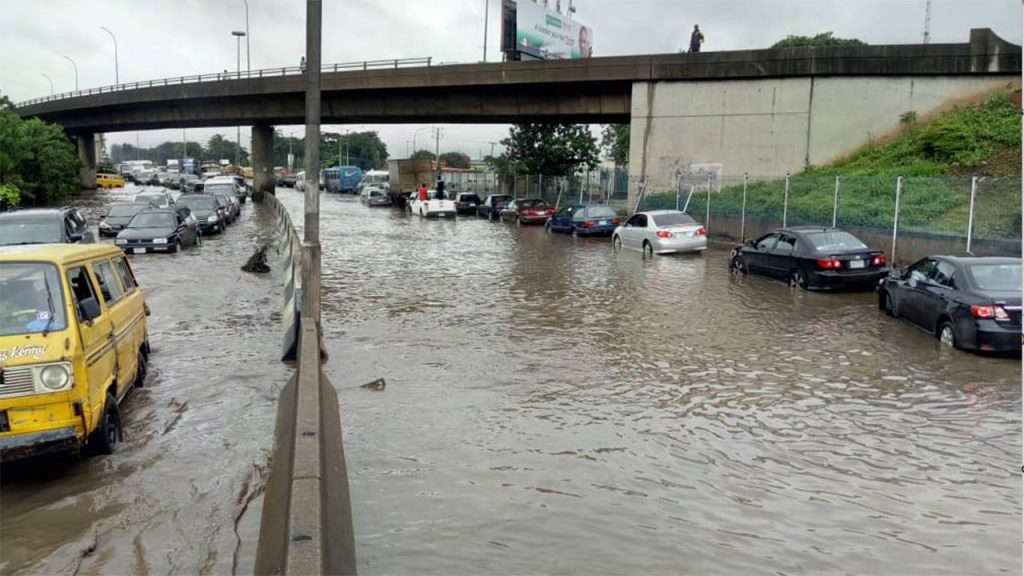
Flood has been a part of life at all ends of the earth, they occur in forests, cliffs, and even deserts. Flood mostly occurs during rainy season. This Article will examine the causes, effects and prevention of floods. The main cause of flooding is when it rains consistently for days. The ground becomes so wet […]
Mini-Grids: Bridging the Electricity Gap Through Renewables.
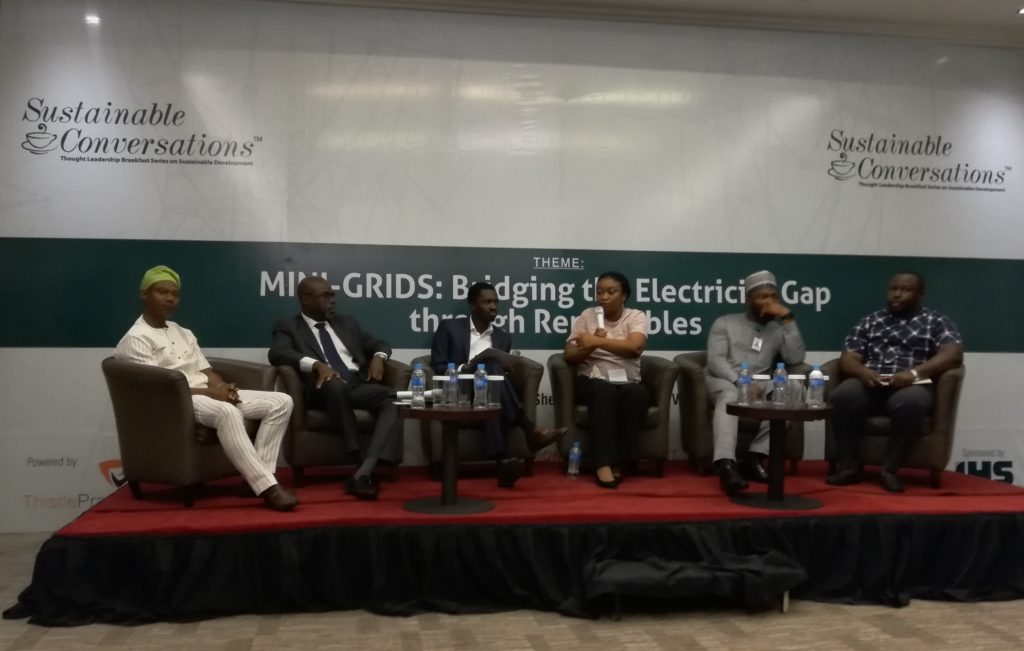
“Renewables are a central pillar of SDG7 and they represent one of the most effective and economical means available in the pursuit of universal energy access” – Rabia Ferroukhi, Deputy Director of Knowledge Policy and Finance, International Renewable Energy Agency. Nations both developed and underdeveloped are coming to the realisation that modern energy is key […]
